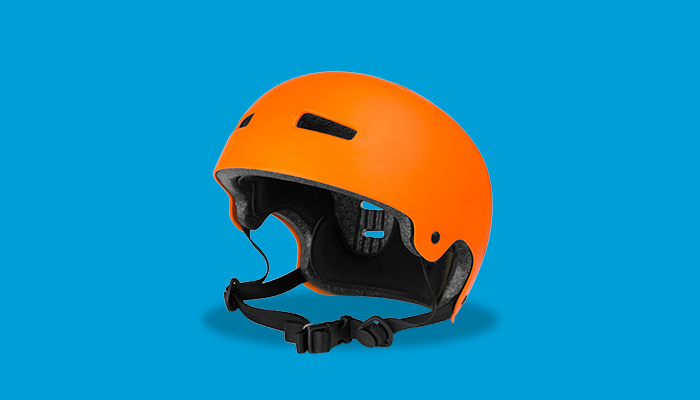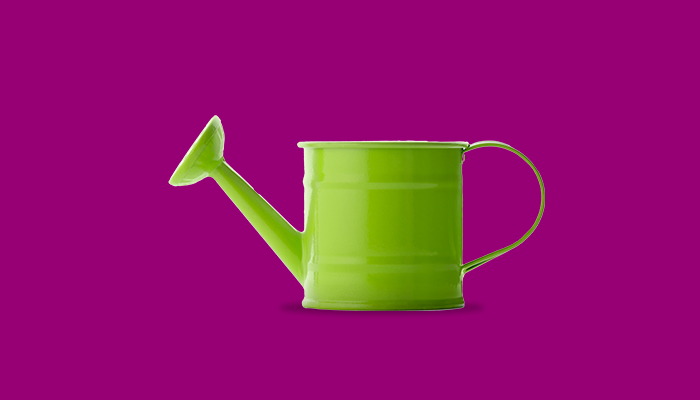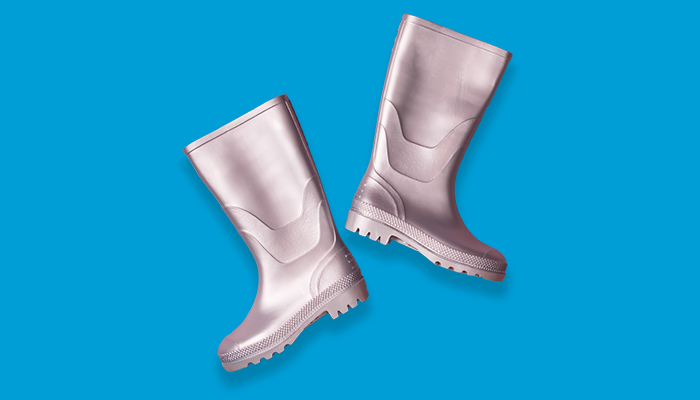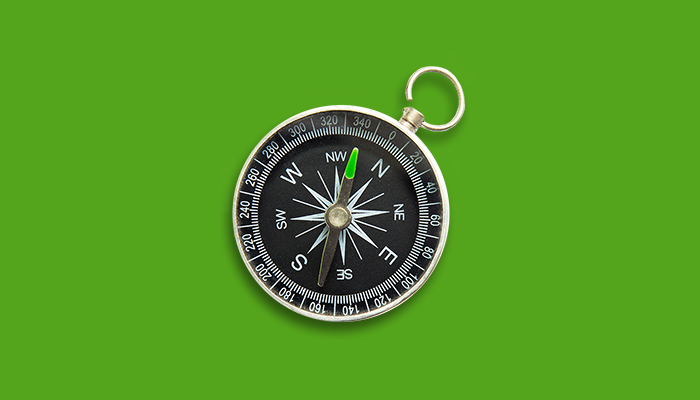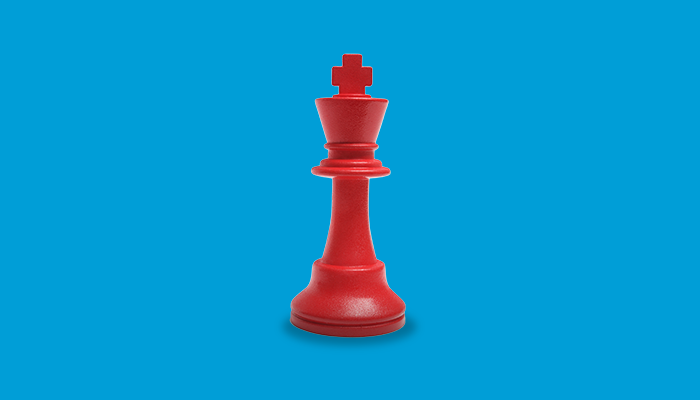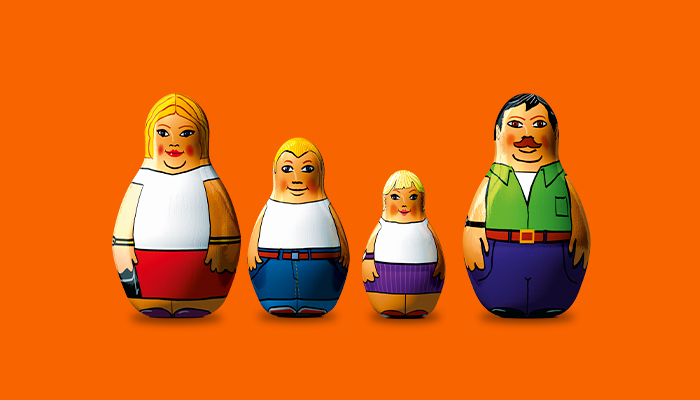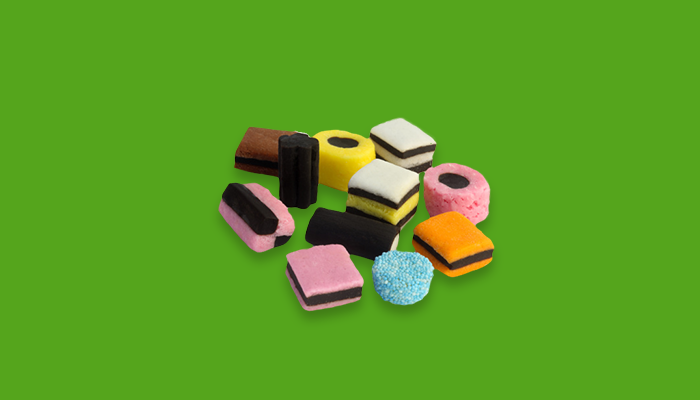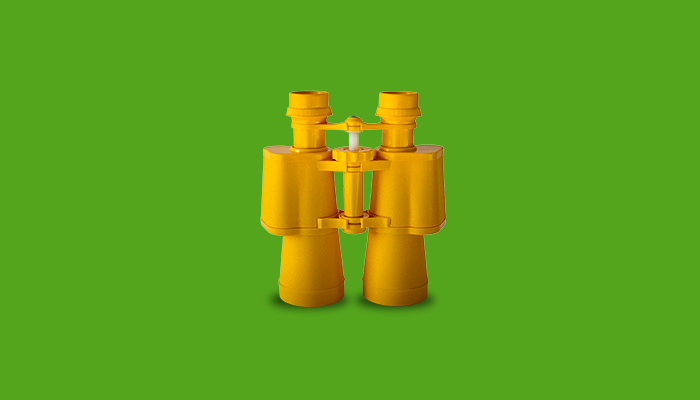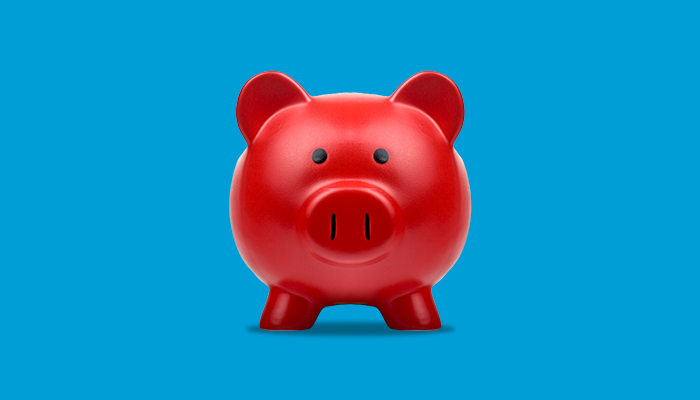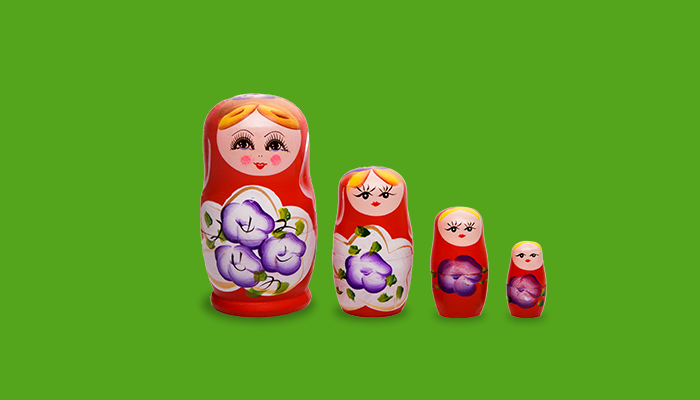Investment field guide
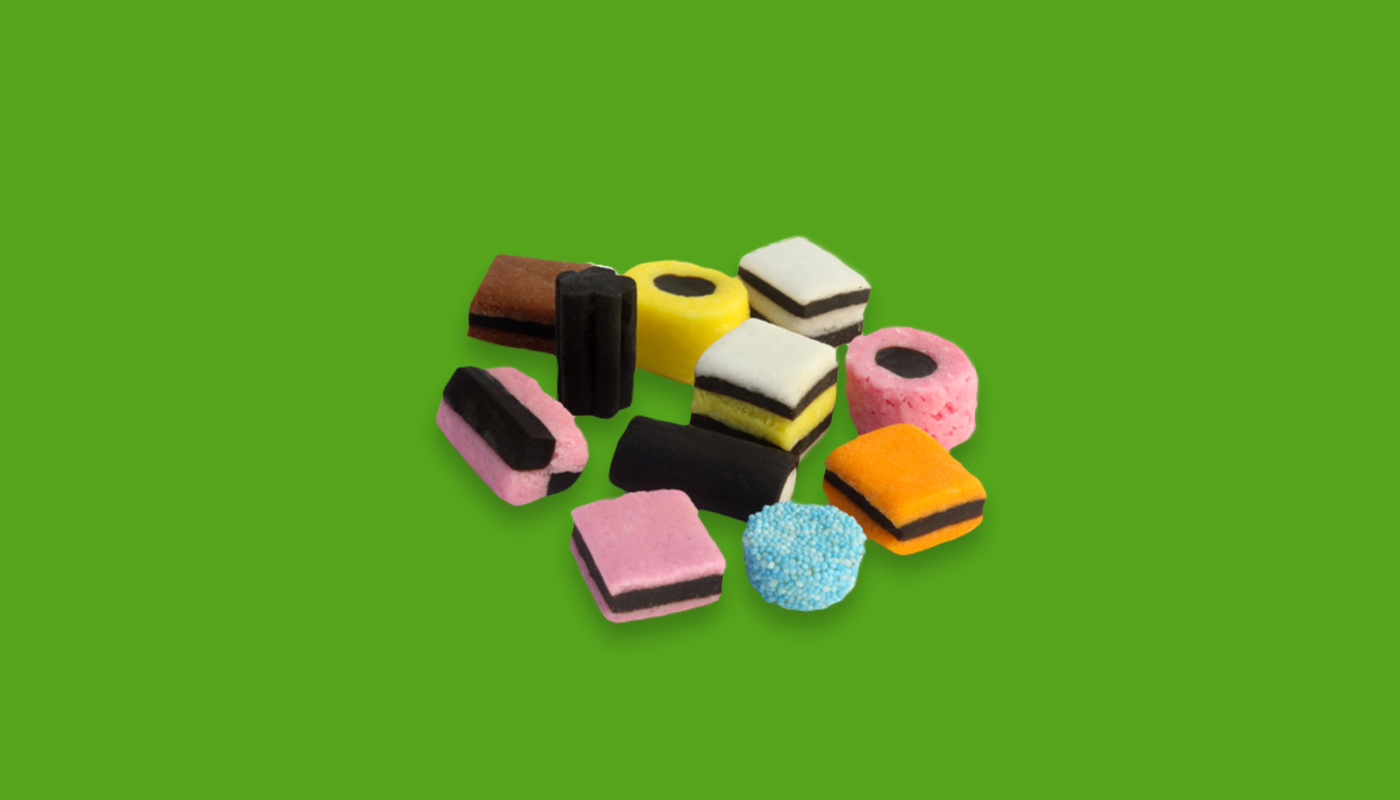
Ready to start investing? Here’s our guide to the main investment assets and vehicles – so you can see which may help you get on the road to achieving your goals.
Assets
Shares
What are they?
Shares mean you own a part of a company. They’re issued when a company wants to raise capital. They are usually bought and sold on a stock exchange.
Also known as:
Stocks, equities.
Why invest in them?
Historically, shares have tended to rise in value and offer strong returns when the economy is doing well; you may also receive a proportion of the company’s profits as dividends.
What to watch out for
Although shares tend to rise in value in the long term, in the short term they can go up and down in value.
Bonds
What are they?
Bonds are ‘IOU’s offered by organisations that want to raise money. You effectively lend your money to them in return for regular interest payments over a fixed period of time.
Also known as:
Government bonds, corporate bonds, gilts.
Why invest in them?
Bonds can offer you a regular and predictable income, at relatively low risk. You can trade them, so your money isn’t completely tied up.
Why invest in them?
The value of your bonds will drop when interest rates rise. Emerging market bonds and corporate bonds are more risky than domestic or US bonds.
Cash and Equivalent
What are they?
Cash is money in the form of currency, including bills and notes. Cash equivalents are investments that can easily be converted to cash within three months. Examples include bank accounts, premium bonds and short-term government bonds.
Also known as:
Currency.
Why invest in them?
Cash is a very low risk investment not as affected by volatility as other investment types.
Why invest in them?
Since cash investments are very low risk, they also offer lower returns. The value of cash can go down if the rate of inflation is greater than the interest rate paid by your savings account.
Commodities
What are they?
Commodities are physical assets such as raw goods (e.g. metal ores or oil) and agricultural produce (e.g. wheat, timber, cocoa and pork bellies).
Also known as:
Futures contracts.
Why invest in them?
Commodities are different from other investments because, while they don’t pay dividends, they also cannot go bust. They offer a good way to diversify your portfolio and protect it against inflation.
What to watch out for
Commodity values tend to go up and down considerably because of factors such as the currency prices, politics or the weather.
Property
What are they?
Bricks and mortar include everything from your home(s) and buy-to-lets to commercial property – either wholly owned or invested in through a fund.
Also known as:
Real estate, property fund.
Why invest in them?
Historically, the value of property has increased well ahead of inflation. Buy-to-let property can provide you with a reliable source of income.
What to watch out for
Buying and selling property is costly and takes time. The value of property has crashed in the past. The growth of online retail and home working are threats to commercial property investment.
Gold and Precious Metals
What are they?
Gold and precious metals are rare, naturally occurring elements, prized for being shiny and for being an effective way to store value.
Also known as:
Bullion, coin, bars.
Why invest in them?
Precious metals are physical, tangible and very simple to transfer. They are accepted anywhere in the world and have a proven track record for retaining their value over the long-term.
What to watch out for
Gold and precious metals can work well for investors looking for a secure savings vehicle or even financial insurance. Investments in gold are best held for the long-term rather than being traded.
Vehicles

Individual Shares and Bonds
What are they?
Individual shares are specific investments that represent part-ownership of a single company. An individual bond is basically an IOU offered by an organisation that gets your money in return for providing a regular interest payment over a fixed period.
Also known as:
Share incentive scheme, stocks, equities, government bonds, Corporate bonds, gilts.
Why invest in them?
Investing in individual shares can be exciting. Investing in an employer’s share scheme can give a sense of ownership and relationship with the company. Some companies also offer special discounts and offers to individual shareholders as dividends.
What to watch out for
Investing in individual shares and bonds is a lot riskier. It can also be time-consuming and stressful as you need to carry out the analysis and monitoring yourself rather than leaving it to an experienced and well-resourced expert.
Exchange Traded Funds
What are they?
Packaged investments which track an index, commodity or even a currency.
Also known as:
ETFs.
Why invest in them?
They are usually cheaper than investing in a fund and can be easily traded through a stock exchange in much the same way as shares.
What to watch out for
Because most ETFs track the market, in theory they don’t offer returns as high as shares in a single exceptional company or a well-managed fund.
Investment Funds
What are they?
Investment funds are a form of group investment – your money is pooled with capital from other investors and used to buy a set of assets.
Also known as:
Mutual fund, pooled investment vehicle, open-ended investment company (OEIC).
Why invest in them?
Funds mean you can get access to investment expertise and a wide range of assets relatively cheaply.
What to watch out for
Less control in what you invest in than if you buy and sell individual shares. You can’t trade your investment openly but have to sell back to the fund.
Investment Trusts
What are they?
Investment trusts are also a form of group investment but, in this case, you buy shares in a company which invests in a range of assets on your behalf. Shares in an investment trust are traded on a stock exchange like those of other quoted companies. They have a board and publish audited accounts.
Also known as:
Closed-ended investment companies.
Why invest in them?
They are easily traded and the company structure provides a level of oversight and transparency. They have a fixed number of shares which offers stability.
What to watch out for
The price of the share you buy can be less or more than the actual monetary value of the assets depending on demand.
